Global Media and Information Literacy Week Lesson Plan teaches students how to access, analyze, evaluate and create media using MY HERO's Multimedia Resources. Includes discussion guide and learning outcomes.
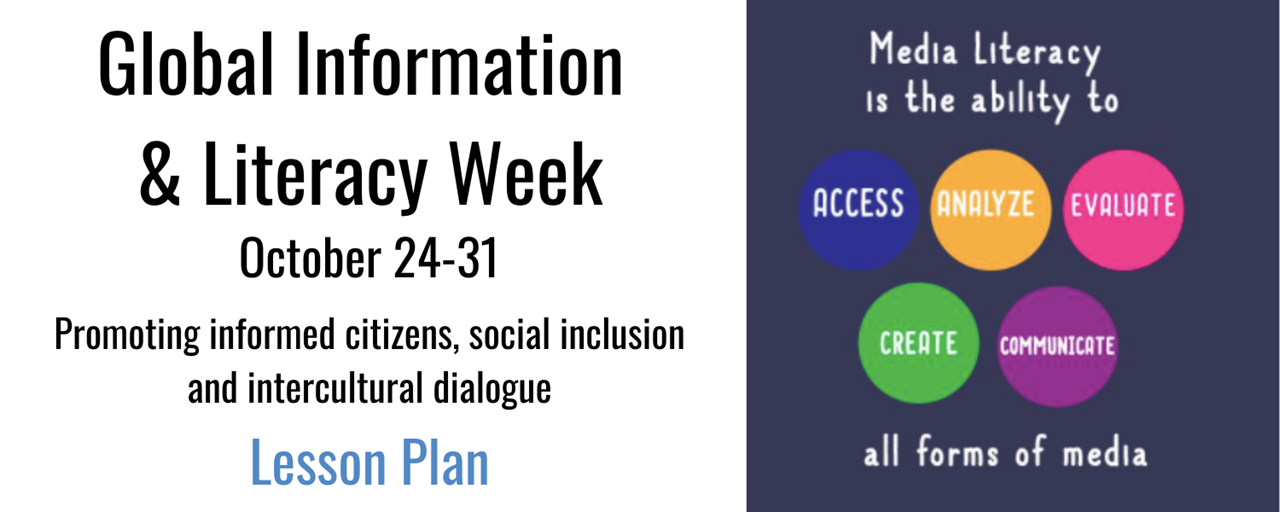
Media literacy is the ability to access, analyze, evaluate, and create media.
Through media literacy we:
[Adapted from http://medialiteracyproject.org/ under Creative Commons License [CC by 3.0 SA]
Students read the story and watch the following interview with documentary filmmaker Jen Senko which addresses the following aspects of media literacy: understanding how media messages shape our culture and society, recognizing what the media maker wants us to believe or do, naming the techniques of persuasion used, and recognizing bias, spin, misinformation, and lies. Then consider the discussion questions.
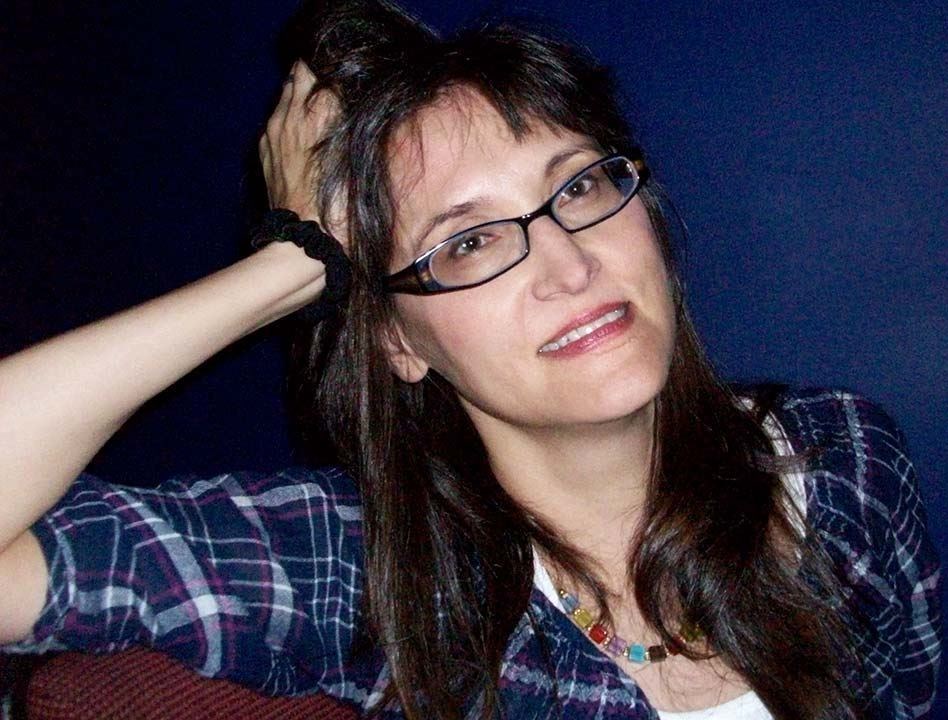
We talk to director Jen Senko about her documentary "The Brainwashing of My Dad," and how a divisive media is tearing our country apart.
From NAMLE (National Association for Advancing Media Literacy Education)
At the age of 26, Jimmeka Anderson founded the nonprofit organization, I AM not the MEdia, Inc. in May 2011 as a response to her own challenges she had with self acceptance from the media’s influence in her adolescent and young adult years. At the time, Anderson had no idea that she was engaging in media literacy, but saw the need to empower teens to become critical consumers of media by analyzing the text and subtext of media messaging and evaluating its influence in their lives
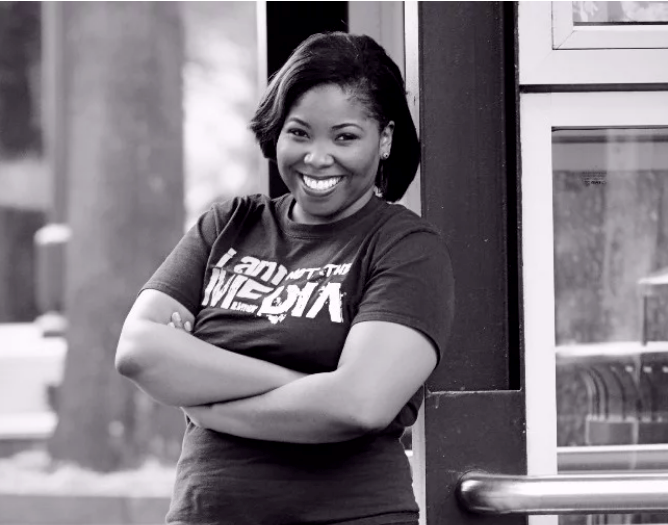
Media creation is another aspect of media literacy.
Students watch the following films and read the stories to learn about the following projects bringing the power of media creation to community activists, and advocating for justice in media. Then consider the discussion questions and activities.
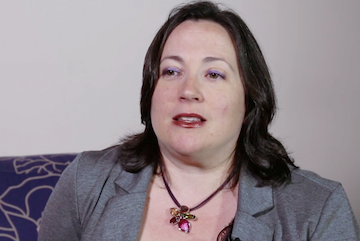
As founder and editor-in-chief of Women and Hollywood, Melissa Silverstein is an advocate for gender parity and inclusion in the media.
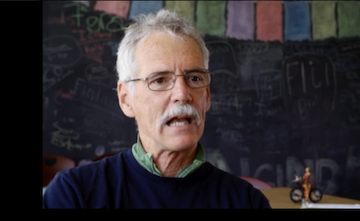
Teen Press is a short documentary about one semester of the Santa Barbara Middle School Teen Press program.
1. After reading about Jen Senko's documentary or watching the video, students discuss how the news media messages shape our culture and society.
2. The Teen Press is a journalism program for middle and high school students. Are there any journalism opportunities in your school? Get involved and share the stories of the heroes in your school and community.
3. ChangeChitra story is about student filmmakers who are creating documentary films regarding issues that are important to them. Students consider creating a short film about an issue they find important and share the film with MY HERO. (use the MY HERO Media Arts Education resources.)
4. Melissa Silverstein talks about the lack of diversity in the field of filmmaking and the need for diverse role models. Where else is there a need for gender parity and diversity? Who is working to improve these areas? Share his or her story with MY HERO.
5. Class Activity: Students analyze the news media available in their communities and discuss the following questions: What do the media makers want people to believe? What techniques of persuasion were used? Did the news media include bias, misinformation, or opinion? Were there any parts of the story not being told?
Students will develop critical thinking skills as they evaluate news sources. Students will develop communication skills as they share information about issues important to them.
|
|
The Global Media and Information Literacy Week lesson plan was created by MY HERO Education Outreach Director Laura Nietzer. |
MY HERO Recommends the News Literacy Project for Additional Resources About News Literacy.
News Literacy Project is a nonpartisan national education nonprofit, provides programs and resources for educators and the public to teach, learn and share the abilities needed to be smart, active consumers of news and information and equal and engaged participants in a democracy.
The MY HERO Project's Media Arts Resources and Lesson Plans
Students Use the Create program to submit Stories, Art, Film and Audio
How to use MY HERO's Create Program to Publish Stories, Art, Film and Audio for Students
Tutorial for students: Publish written stories, film, original artwork and audio in MY HERO's multimedia library.

MY HERO Calendars for use in the Classroom
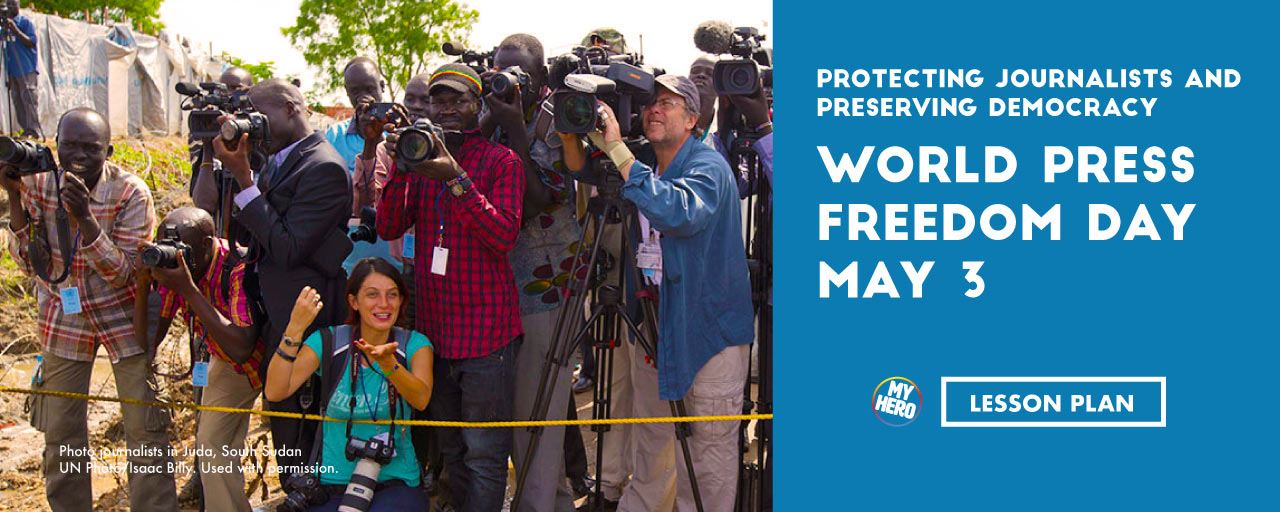
Share the importance of an independent press with your students this week. Includes discussion guide and learning outcome.
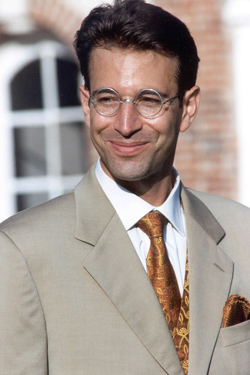
This observance is a call for the world to stand together for the safety of journalists and to ensure justice
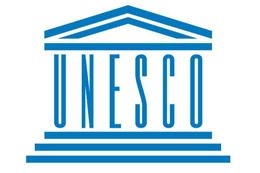
UNESCO | Official Website | Global Media & Information Literacy Day
UNESCO is the United Nations Educational, Scientific and Cultural Organization

Media Literacy Now
Media Literacy Now is a media literacy advocacy group. The site provides introductory materials including videos on what is media literacy.
Organizer created on 10/8/2019 8:36:15 AM by Laura Nietzer
Last edited 10/17/2024 12:04:59 PM by Laura Nietzer